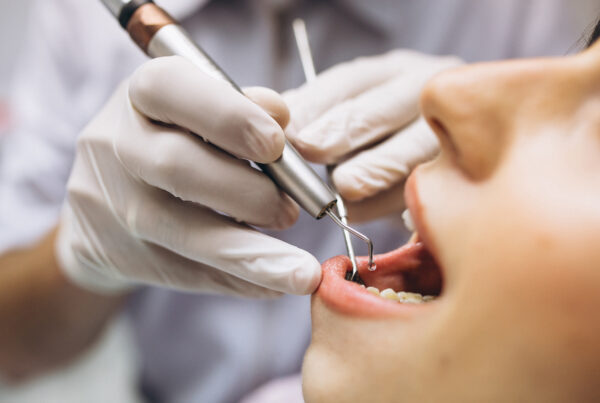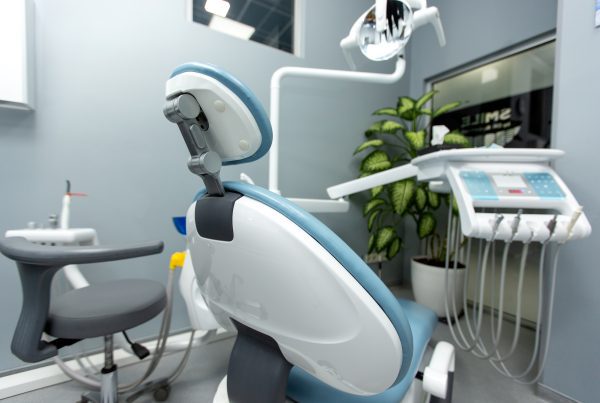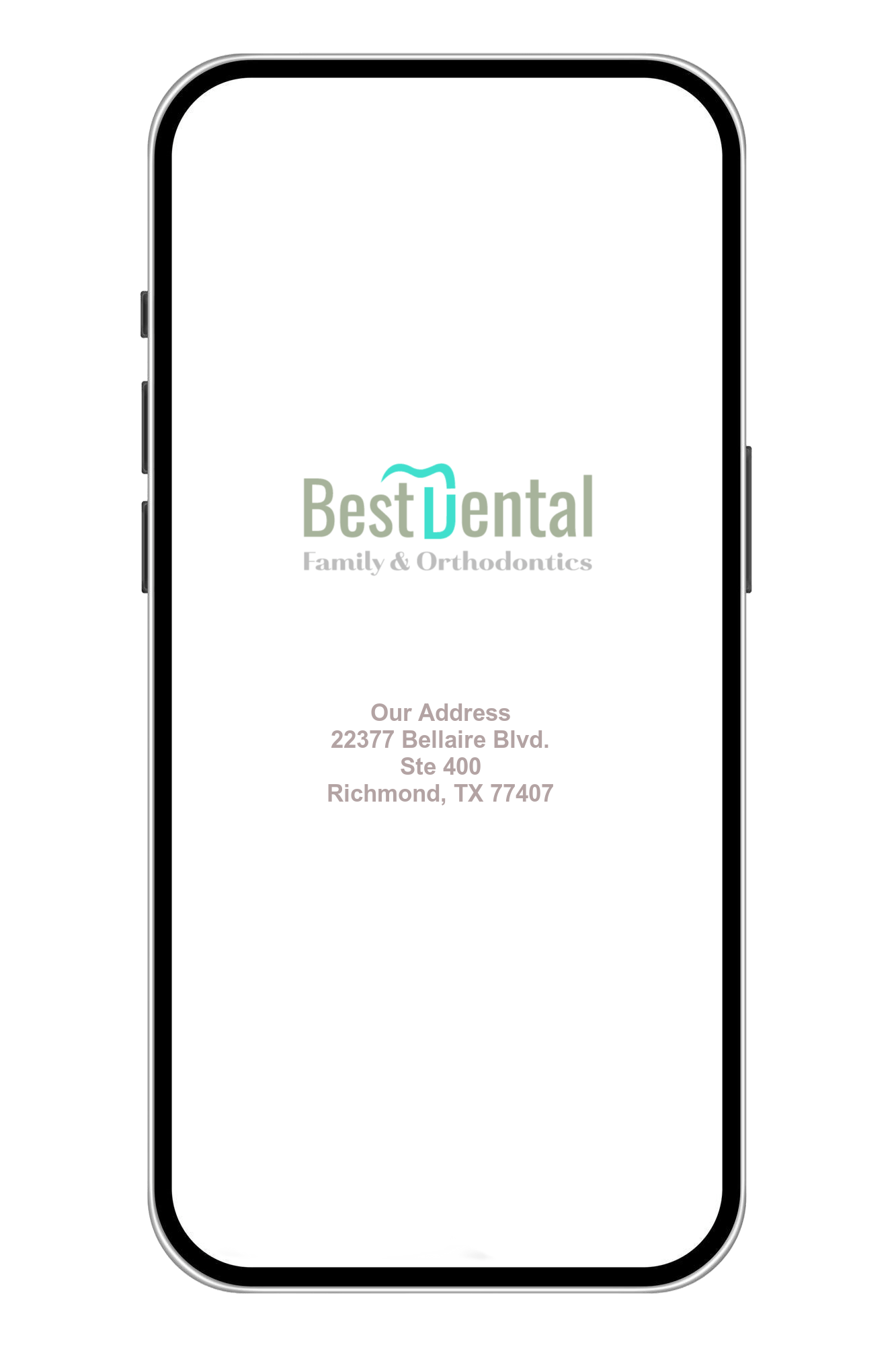Your Complete Guide to Oral Care During Cancer Treatment
Going through chemotherapy is challenging enough without having to worry about your dental health. Yet, maintaining good oral care before, during, and after cancer treatment is essential for your overall well-being. If you're facing chemotherapy and have questions about dental work, you're not alone. Many patients wonder when it's safe to see their dentist, whether they need dental clearance before starting chemo, and how to handle dental emergencies during treatment.

Do You Need Dental Clearance Before Starting Chemotherapy?
Yes, dental clearance is highly recommended before beginning chemotherapy. Your oncologist will likely refer you to a dentist for a comprehensive examination before your treatment starts. This isn’t just a formality—it’s a crucial step that could prevent serious complications during your cancer treatment.
Why is dental clearance so important? Chemotherapy weakens your immune system, making it harder for your body to fight infections. Any existing dental issues, even minor ones you might not notice, could develop into serious problems once treatment begins.
During a pre-chemotherapy dental assessment, your dentist will:
- Perform a thorough examination and take X-rays to identify hidden problems
- Treat existing infections, cavities, or gum disease
- Remove teeth that can’t be saved and might become problematic
- Create a personalized oral care plan for during treatment
- Apply preventive treatments like fluoride to strengthen your teeth
Ideally, this dental clearance should happen at least two weeks before chemotherapy begins. This timing allows for adequate healing from any necessary procedures and gives your dental team time to address any issues that could complicate your cancer treatment.
Understanding How Chemotherapy Affects Your Mouth
Before diving into specific dental treatments, it helps to understand how chemotherapy affects your oral health. Chemotherapy drugs target rapidly dividing cells—not just cancer cells, but also the fast-growing cells in your mouth.
This can lead to several common side effects:
- Mucositis: Painful inflammation and ulcers in your mouth’s lining
- Dry mouth: Reduced saliva production, increasing cavity risk
- Bleeding gums: Due to lower platelet counts in your blood
- Increased infection risk: Your immune system can’t fight off bacteria as effectively
- Taste changes: Foods might taste metallic, bitter, or simply “off”
These side effects not only cause discomfort but can also make routine dental care challenging. That’s why special guidelines exist for dental work during and after chemotherapy.


Is It Safe to Have a Root Canal While on Chemotherapy?
One of the most common questions patients ask is whether root canal treatment is safe during chemotherapy. The short answer is: it depends on your current health status and where you are in your treatment cycle.
Generally speaking, non-emergency dental procedures like root canals are best performed either:
- Before chemotherapy begins
- During recovery periods between chemotherapy cycles when your blood counts have normalized
- At least six months after completing chemotherapy
However, if you’re experiencing severe pain or infection, a root canal might be necessary even during active treatment. In these situations, your dentist and oncologist will work together to determine the safest approach.
If a root canal is deemed necessary during chemotherapy, several precautions will be taken:
- Your blood counts will be checked to ensure you have enough white blood cells, red blood cells, and platelets
- Antibiotics might be prescribed before and after the procedure
- The treatment might be modified to be less invasive
- Follow-up appointments will be more frequent to monitor healing
Remember, untreated dental infections can be dangerous during chemotherapy, so sometimes the benefits of a root canal outweigh the risks. The key is close communication between your dental and cancer care teams.
When Should You Get a Tooth Extraction During Cancer Treatment?
Tooth extractions are more invasive than many other dental procedures, carrying higher risks of bleeding and infection—two complications that can be particularly dangerous during chemotherapy. For this reason, extracting teeth during active chemotherapy is generally avoided unless absolutely necessary.
If you need a tooth extraction, the ideal timing would be:
- At least two weeks before starting chemotherapy: This gives your mouth time to heal before your immune system is compromised.
- Between chemotherapy cycles: When your blood counts have recovered, typically during the middle of your “off” week in the treatment cycle.
- Six or more months after completing chemotherapy: By this time, your body has largely recovered from treatment effects.
However, sometimes extractions can’t wait. If you have a severely infected tooth causing pain or posing an infection risk, extraction might be necessary even during chemotherapy. In these emergency situations, your dental team will take extra precautions:
- Coordinate closely with your oncologist
- Check your complete blood count (particularly neutrophils and platelets)
- Use minimally invasive techniques
- Potentially hospitalize you for the procedure if your counts are very low
- Prescribe preventive antibiotics
- Schedule frequent follow-ups to monitor healing
Your dentist and oncologist will carefully weigh the risks of extraction against the risks of leaving an infected tooth untreated, making decisions based on your specific situation.


How Long After Chemotherapy Can You Have Dental Work Done?
After completing chemotherapy, you’re likely eager to get back to normal life—including routine dental care. But timing is crucial when scheduling dental procedures after cancer treatment.
For routine, non-invasive dental work (regular cleanings, simple fillings, exams):
- Generally safe to resume about 1 month after completing chemotherapy
- Blood counts should be checked first to ensure they’ve recovered
For more invasive procedures (extractions, implants, gum surgery):
- Usually recommended to wait at least 6 months after chemotherapy
- Some oncologists recommend waiting up to a year for major oral surgery
- Your blood counts and immune function should be back to normal
Each patient’s recovery is unique, so these timelines may vary based on:
- The specific chemotherapy drugs you received
- How your body responded to treatment
- Your current overall health
- Whether you had radiation to the head or neck area
- Any ongoing cancer medications
Always inform your dentist about your cancer history and treatment timeline, even years after completing chemotherapy. Some dental considerations may remain relevant long-term, especially if you experienced permanent changes to your salivary glands or bone density.
Dental Implants and Chemotherapy: What You Need to Know
Dental implants have become a popular option for replacing missing teeth, but they present special considerations for cancer patients. The relationship between dental implants and chemotherapy is complex and requires careful planning.
Can you get dental implants if you’ve had chemotherapy? Generally, yes—but timing and certain risk factors must be considered.
Here’s what you should know about dental implants and chemotherapy:
Timing Considerations
- Before chemotherapy: If tooth loss is anticipated, implants can sometimes be placed before cancer treatment begins, though this timeline is often too tight to be practical.
- During chemotherapy: Implant placement is typically avoided during active treatment due to impaired healing and infection risks.
- After chemotherapy: Most oncologists recommend waiting at least 6-12 months after completing chemotherapy before considering dental implants.
Special Risk Factors
Some chemotherapy drugs, particularly bisphosphonates and certain targeted therapies, can affect bone healing and increase the risk of a serious condition called medication-related osteonecrosis of the jaw (MRONJ). If you received these medications, your dentist and oncologist might recommend:
- Extended waiting periods before implant placement
- Alternative tooth replacement options
- Special surgical techniques if implants are deemed appropriate
- More frequent monitoring of implant sites
Success Rates
The good news is that for most cancer survivors, once adequate healing time has passed, dental implant success rates are comparable to those in patients without a cancer history. Each case is unique, however, and a thorough evaluation is necessary to determine if implants are right for you.
If you’re considering dental implants after chemotherapy, a team approach is essential. Your prosthodontist, oral surgeon, and oncologist should work together to create a treatment plan tailored to your specific situation.


Home Care Tips During Chemotherapy
While professional dental treatments require careful timing, daily oral care at home remains crucial throughout your cancer journey. In fact, it becomes even more important during chemotherapy. Here are some gentle yet effective ways to care for your mouth:
Daily Oral Hygiene
- Brushing: Use an extra-soft toothbrush and gentle pressure. If your gums are very sore, try a foam brush or gauze wrapped around your finger.
- Flossing: Continue daily if possible, using waxed floss to minimize trauma. If your platelet count is very low or gums bleed easily, check with your doctor before flossing.
- Rinsing: Rinse 4-6 times daily with a mild saltwater solution (¼ teaspoon salt in 1 cup warm water).
- Moisturizing: Combat dry mouth by sipping water frequently, using alcohol-free mouth moisturizers, and applying lip balm regularly.
Moving Forward: Life After Chemotherapy
Completing chemotherapy is a significant milestone, but the journey doesn't end there. Your mouth, like the rest of your body, needs time to recover. Some effects of chemotherapy on your oral health may persist for months or even become permanent.
As you move forward:
Maintain more frequent dental check-ups (every 3-4 months initially)
Continue rigorous home care routines
Be vigilant about reporting new oral symptoms
Consider long-term preventive strategies like prescription-strength fluoride
With proper care and the right healthcare team, you can maintain good oral health throughout your cancer journey and beyond. Remember that taking care of your mouth isn't just about your teeth—it's an essential part of your overall recovery and well-being.



